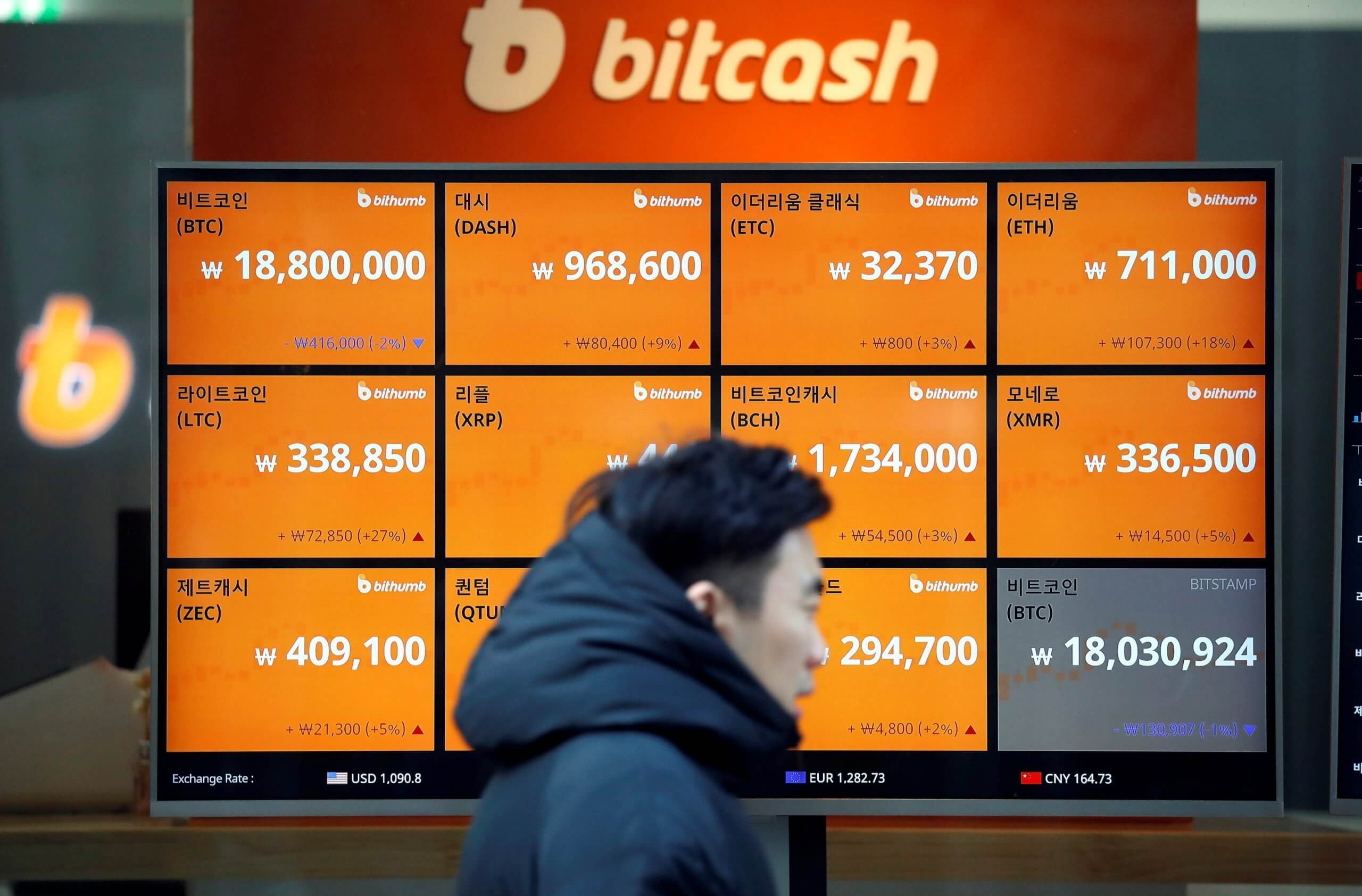 South Korea: Economists say taxing Bitcoin is a “premature” decision; here’s why
South Korea: Economists say taxing Bitcoin is a “premature” decision; here’s why South Korea: Economists say taxing Bitcoin is a “premature” decision; here’s why

Cover art/illustration via CryptoSlate. Image includes combined content which may include AI-generated content.
South Korean economists aren’t happy with the government’s proposal to tax Bitcoin and other cryptocurrencies, days after reports suggested the latter.
Any “cryptocurrency tax” must be abolished and not implemented, the country’s academics told local reporters over the weekend.
The reason was singular and simple — taxes on an emerging asset class and disruptive technology sector may block broader industrial growth in the country; one that suffers from an ongoing employment crisis.
Taxing Bitcoin is “premature”
South Korea’s economy hinges on slow-growth and a family-run business system called “chaebol,” making the job market notorious to enter into and condemned for poor wages.
With the above in mind, Korean economists believe cryptocurrencies are a burgeoning asset class, while blockchain technology presents long-term growth opportunities for the country.
Ask Sung Tae-yoon of Yonsei University. The Harvard-educated professor says implementing crypto-taxes is a “premature” decision, considering the digital asset market is still developing and is not as established as other sectors.

Sung believes cryptocurrencies have a long way to go before being regulated similar to fiat currencies. The professor has a point — Bitcoin’s been around since 2009, but cryptocurrencies have gained widespread prominence only since after 2018.
The above means cryptocurrencies are, in all regards, still a nascent development and not a decade-old. Sung explains:
“Any rash taxation or introduction of regulations can be a stumbling block for sustainable growth of the industry.”
BTC gains to be reported
Korea’s cryptocurrency tax decision came late last week after years of deliberation and parliamentary exchanges. Until the date, cryptocurrencies were considered a “tax-exempt safe haven” in the country, with regulators and experts fiercely opposed over their legality.
Minister Hong Nam-ki said July will see the implementation of a crypto-tax in the country, albeit one that continues to be updated and developed as the market matures. Individual transactions are unlikely to be taxed, but all capital gains will have to be reported.
The proposal will bring Korea in line with countries like Japan, Singapore, the U.S, and others; where crypto-gains face the taxman’s wrath but wallet-to-wallet transactions are not scrutinized.
Still, the clampdown would mean Koreans will be warier of cryptocurrency trading. The country has a vibrant crypto industry, with blockchain projects like ICON and investment funds like Hashed leading the pack.

Avoid financial crisis
Not all economists are opposed, however. Korea University’s Kim Jin-ill opinions regulations help minimize any potential losses that investors might face — similar to how complex derivative and trading products emerging prior to the financial crisis (refering to Korea’s contracting economy in 2019.)
Some reports suggest Koreans approach financial markets seeking high-risks and high-rewards, contrary to the Western world’s search for stability over returns.
If Bitcoin ends up being taxed, one can assume the possible implications on the broader cryptocurrency market — considering the country’s fascination with Bitcoin and related products.
In 2017, Korea was infamous for the “Kimchi Premium,” a so-term phenomenon which saw Bitcoin and other altcoins trade up to 45 percent higher on Korean exchanges compared to global markets.




 CoinGlass
CoinGlass 


 Farside Investors
Farside Investors 
































































































